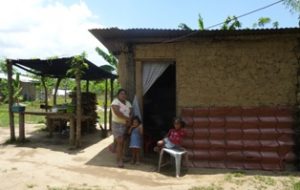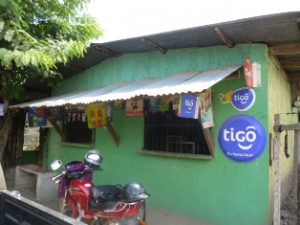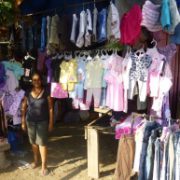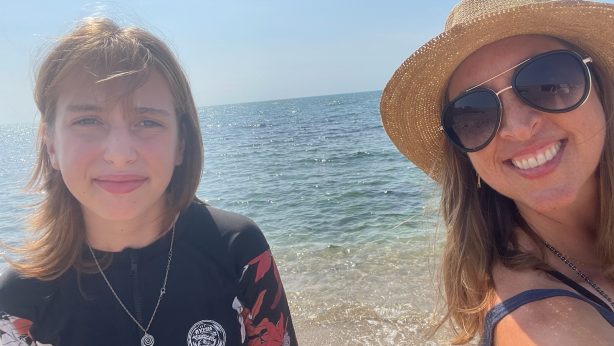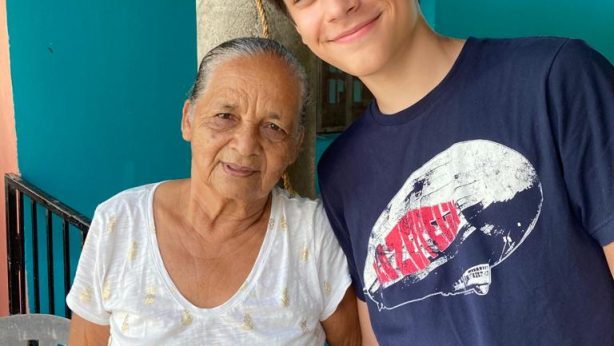Microfinance Along Honduras’ Northern Coast
Having now interviewed several dozens of female clients near La Ceiba and Olanchito, I am getting a better picture of how rural Hondurans live and the struggles they face in getting ahead. Offering microcredit and educational lessons in rural Honduras requires hard work. The credit officers meet with their assemblies every two weeks to offer education and visit their clients within their homes and businesses when they do not have assemblies scheduled. Because of the remote location of the majority of our clients, credit officers travel on motorcycles over the unpaved roads in the rural areas to get to them.
One of the most common small businesses women have is a pulpería, which can be as small as just selling sweets, snacks and soda or large enough to serve as a small local grocery store. Maria provides for her husband, daughter and a cousin with the earnings from her pulpería. Previously having access to much less capital, she has now been able to grow her shop bigger with loans from Adelante.
America has been with Adelante for several years, often taking breaks in which she does not take out loans. Why does she take breaks in between loan cycles? “Because business is not always so good.”When times have been good, America has expanded her business, “Now I would like to have display cases to sell jewelry and sandals.” Since her husband’s death, America has provided for her 15 year old daughter who is in school and her 29 year old son who raises pigs. Both women have been able to expand their pulperías, increase their profits and also the loan sizes they have taken out.
What a lot of women also tend to do is sell clothes, meaning they may have a shop in town or in their house or they may be simply selling door to door. However, due to the increased levels of insecurity and violence, some women have stopped selling door to door (this also accounts for food products) and now only sell from their homes. For example, Eda and Lorna have neighboring clothing stalls in the bus terminal and help each other out. One sells second hand adult clothing while the other sells second hand children’s clothing.
Eda is really experienced with this type of business which she has had for 20 years in various places. Thanks to the growth that she has benefited from since starting with Adelante over two years ago, she is now able to provide for her son to study engineering at the university. Lorna currently provides for her two daughters who are 11 and 14 years old and her husband, who normally works as a taxi driver but currently is not able to work. Eda and Lorna’s dream is to improve their earnings by merging them into one larger business.America has been with Adelante for several years, often taking breaks in which she does not take out loans. Why does she take breaks in between loan cycles? ”Because business is not always so good.” When times have been good, America has expanded her business, ”Now, I would like to have display cases to sell jewelry and sandals.” Since her husband’s death, America has provided for her 15 year old daughter, who is in school and her 29 year old son who raises pigs. Both women have been able to expand their pulperías, increase their profits and also the loan sizes they have taken out.
Then there are Siryi and Kenia, who buy clothes from shops in Olanchito, like those of Eda and Lorna, and sell them door to door in the rural areas. Both women are single mothers with two young daughters each and live in very poor conditions in rural Olanchito. They have just taken out their first loans with Adelante to be able to buy more clothes to sell in order to increase the small profits they make. As you can see Adelante’s small business loans help women at very different stages of their micro-enterprises – helping some start up and others expand their businesses. However for each of these women, with a small amount of money and some business advice, they are able to make small but indispensable changes to their own, their families’ and their communities’ livelihoods.
